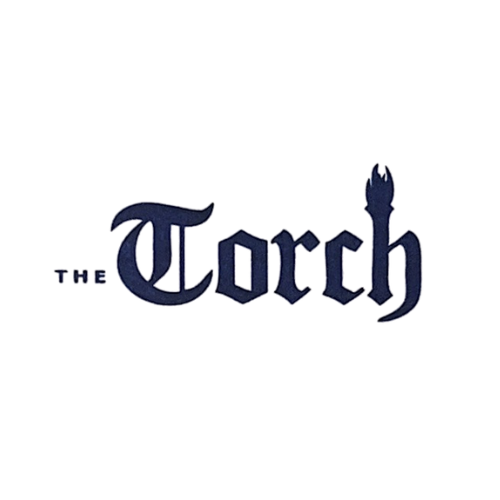LCC students share contrasting views on the TikTok controversy.
By Kat Tabor
In a whirlwind series of events, TikTok faced a U.S. ban that lasted only 14 hours. During the ban, Lane Community College students were among the users attempting to access the app who were greeted with a message:
“Sorry, TikTok isn’t available right now. A law banning TikTok has been enacted in the U.S. Unfortunately, that means you can’t use TikTok for now. We are fortunate that President Trump has indicated that he will work with us on a solution to reinstate TikTok once he takes office. Please stay tuned!”
The app offered two options: “Learn More” and “Close App.”
However, the ban was reversed just 14 hours later, on Sunday, Jan. 19. Users were greeted with a new message:
“Thanks for your patience and support. As a result of President Trump’s efforts, TikTok is back in the U.S.! You can continue to create, share, and discover all the things you love on TikTok.”
During his first presidency, President Donald J. Trump alleged that the app contained malware threatening U.S. national security. The message framed Trump as the hero for restoring access to the app, despite him being the one who initiated the idea of the ban in the first place.
Trump announced plans to issue an executive order to postpone the TikTok ban while negotiations progressed, leading to the platform’s restoration. TikTok confirmed the reinstatement in a statement on X, noting that services were being restored in collaboration with its providers. “In agreement with our service providers, TikTok is in the process of restoring service,” stated in a post on X.
Jan. 20, President Donald Trump signed an executive order instructing the Attorney General to pause enforcement of the TikTok ban for 75 days.
The rapid reversal has prompted mixed reactions among Lane Community College students.
Freedom Browne, Gender Sexuality Alliance president, raised concerns about the government’s power to restrict access to platforms, saying, “This shows us the government can take away whatever they want, whenever they want. This goes far beyond memes and funny videos.”
Browne questioned the timing of the ban and its reversal, adding, “Donald Trump cannot be both the disease and the cure to the government’s restrictions on freedom of speech.”
First year LCC student Emma Russell shared her thoughts on TikTok, highlighting its value in connecting audiences and sharing real stories, especially during natural disasters. Reflecting on the app’s potential risks, she added, “I dislike the notion of possible corrupt organizations storing and tracking citizens’ information, especially when it could potentially harm the safety and security of the United States.”
Amelia Hampton, secretary for the Council of Clubs, took a critical view of TikTok itself, describing its influence as harmful. “I believe (TikTok) to be one of the biggest factors in creating the overall mental state we have today,” she said.
While acknowledging that TikTok has provided awesome opportunities for smaller creators and communities, Hampton argued that its drawbacks — including “extremely short attention spans,” heightened insecurities, and the “need to be online 24/7 to avoid FOMO” — outweigh the benefits.
She also supported banning the app entirely, saying, “I think Trump is right in his suspicions (because basically everyone collects and sells users’ data), but I would urge him to ban it entirely, regardless of whether or not China is collecting data, as it has ultimately changed our society for the worse.”
The data collection Hampton was referring to is instances of reports about major corporations collecting user data, including Google, Amazon, Apple and Facebook (Meta),which have been allegedly been engaging in data-gathering practices.
An example of this is a class-action lawsuit that began in 2020, Google was found to have been collecting data from users in incognito mode. According to the amended complaint filed in the United States District Court for the Northern District of California, “Google only recently admitted that it engages in these practices, after Plaintiffs filed their Complaint and in its motion to dismiss. Google previously represented and led users (and regulators) to believe — falsely — that users could limit Google’s data collection practices by setting their web-browsing software to private browsing mode.”
Emma Duncan, an LCC student and SGA senator, offered a balanced perspective on the TikTok ban saying, “As nice as it is to have a platform for voices, as well as a quick fix of entertainment, I feel like it also cultured an unhealthy routine of disconnection and distraction in our generation; it was a double-edged sword.”
Richard McConochie, vice president of the Creatives Club, expressed concerns about the situation, saying, “I think it’s entirely a runaround to siphon off more money while making vague motions to do something that might be relevant to people’s lives. It’s just another con within a con.”
He also described it as “a terrifying message” about the power to eliminate alternative sources of information.



